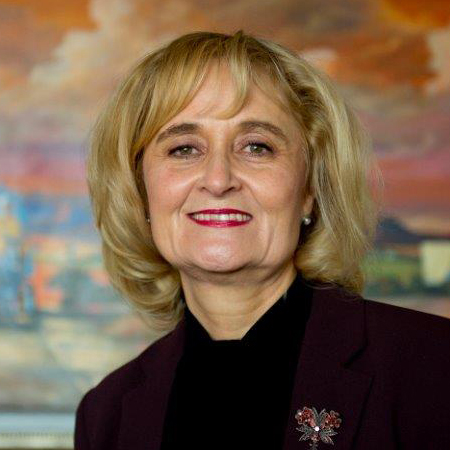Professor Sarah Gravett
The media frequently reports on calls to re-open teacher education colleges, however, those who make these calls are scant on providing detail. What exactly is called for? To resuscitate the system of provincially based teacher education colleges? The term “reopen” seems to suggest this. If so – why this insistence? And why were these colleges closed in the first place?
In 1994 a National Teacher Education Audit was conducted. The audit reported a total of 101 — 93 contact and 8 distance — state teacher education colleges, with more than two-thirds of the colleges based in rural areas. The audit highlighted as a critical issue the poor quality of teacher education in the majority of colleges, particularly in the light of the high cost of college provisioning. From 1997 onwards colleges were rationalized and on 1 January 2001 teacher education colleges ceased to exist as separate institutions – those that were not closed were incorporated into higher education institutions.
Despite the bleak picture painted by the audit of the quality of teacher education at the majority of the colleges, proponents of the reopening of colleges claim that these institutions prepared student teachers more adequately for the teaching profession than universities and universities of technology do currently. The logical implication of this claim is that those teachers who were trained at teacher education colleges would be good teachers in general. It is safe to say that the majority of the approximately 435 000 teachers in the country (2016 study) were trained at teacher education colleges. Given the many issues in education and the continuous questioning of the quality of teachers and teaching in our schools, one could argue that the claim relating to the superiority of teacher education colleges is not corroborated by evidence.
Though the far majority of teacher education colleges was deemed wanting, the audit judged some colleges as excellent. Thus, when teacher education is criticised for not preparing student teachers well for the teaching profession, the type of institution offering the programmes is of little significance. In the past some teacher education colleges performed dismally, others were adequate and some excelled. Currently, the same applies to universities and universities of technology as teacher education institutions.
Nevertheless, the view that universities and universities of technology are not preparing student teachers sufficiently for the realities of teaching is prevalent. Teacher education institutions need to take heed of this criticism and be self-critical. Also, the critique that student teachers “know only theory” must be listened to. I assume that those who say this, are implying that student teachers are not able to use coursework learning to deal with the complexities and challenges of the classroom.
What is to be done? The most recent report of the Department of Higher Education and Training on Trends in Teacher Education indicates that 23 public higher education institutions were involved in initial teacher education in 2015. So – are all 23 institutions (equally) guilty of delivering ill-prepared teachers to the system? I would call on those who question the quality of teacher education not to make sweeping statements but to point to the underperforming institutions and to provide specific input on how the teacher education at these institutions is lacking. Generalisations are not helpful and taint those institutions that work tirelessly towards producing well-rounded novice teachers.
And if I were to single out one aspect that could contribute significantly to strengthening the quality of teacher education, it would be the collaboration between teacher education institutions and schools so as to ensure that school practicum (work integrated learning) is optimally educative. This requires purposeful mentoring of student teachers, with school teachers and teacher educators working in partnership. However, at some schools, student teachers are often left to fend for themselves. They receive little input and guidance from the teachers that they are assigned to. At these schools, the school management team and teachers do not take co-responsibility for educating their future colleagues. Yet the very same people are often the ones who complain that student teachers are not well prepared.
But not only schools are to blame. Teacher education institutions often do not support the schools where students are placed adequately. Many have neither the human nor financial resources to collaborate with the schools in actively supervising and mentoring student teachers. This presents a significant quality challenge for teacher education. During the past few years, the Education Deans Forum has been advocating for ring-fenced funding to support the work integrated component of teacher education programmes. This has been futile. Thus, funding is not readily available to support teacher education.
Coming back to teacher education colleges. The closing of teacher education colleges meant that teacher education disappeared in many rural areas. One could argue that there is a need to bring teacher education closer to the communities where teachers will be deployed. The Higher Education Amendment Act 91 of 2016 allows for a new type of higher education institution, namely a higher education college. If there is indeed a definite need to open more teacher education sites, and taking financial constraints into consideration, the establishing of higher education colleges could be an option in the future.
Sarah Gravett is Dean of Education: University of Johannesburg






